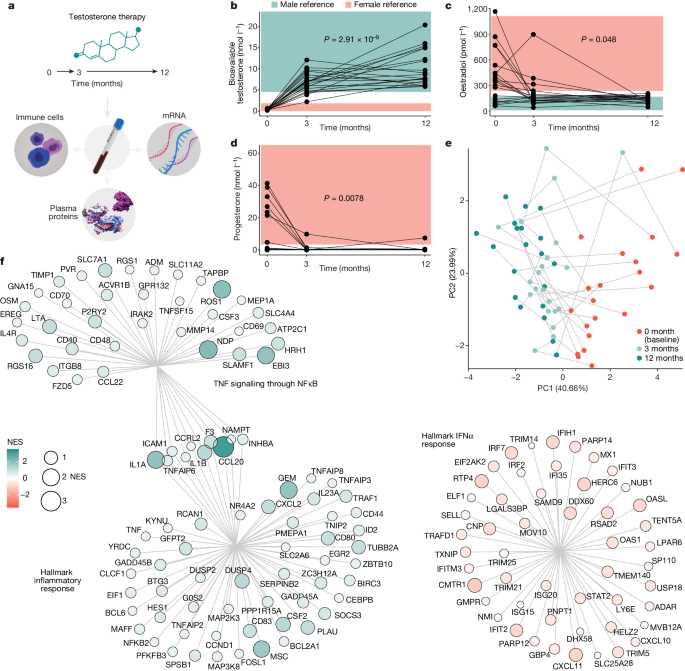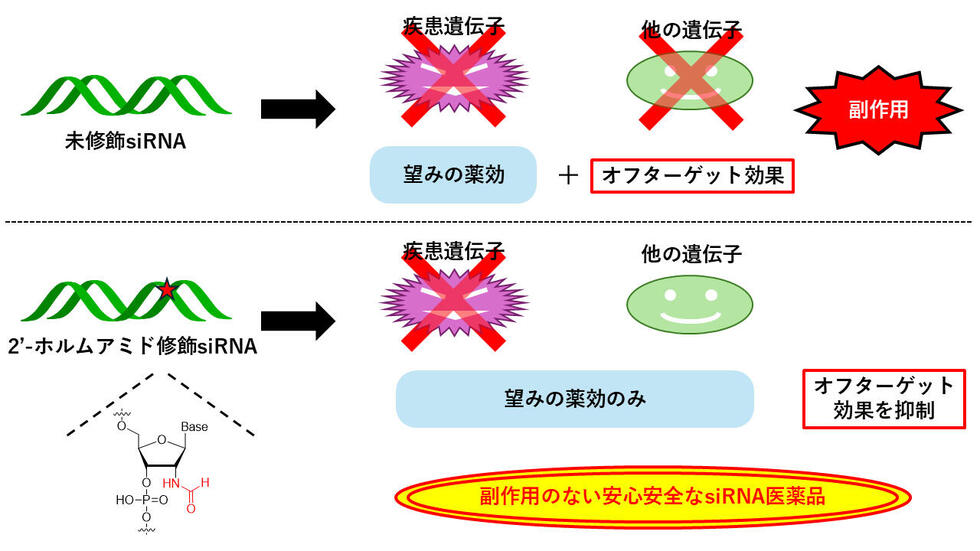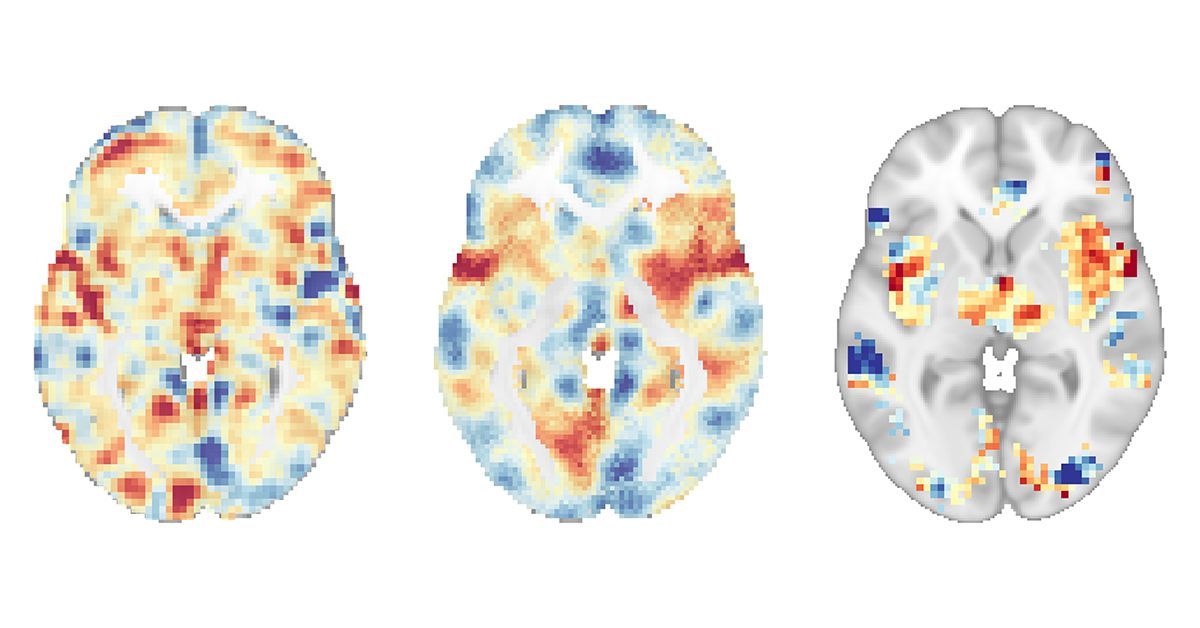2024-09-05 カロリンスカ研究所(KI)
<関連情報>
- https://news.ki.se/new-research-explains-differences-between-mens-and-womens-immune-systems
- https://www.nature.com/articles/s41586-024-07789-z
性同一性テストステロン治療中の免疫系の適応 Immune system adaptation during gender-affirming testosterone treatment
Tadepally Lakshmikanth,Camila Consiglio,Fabian Sardh,Rikard Forlin,Jun Wang,Ziyang Tan,Hugo Barcenilla,Lucie Rodriguez,Jamie Sugrue,Peri Noori,Margarita Ivanchenko,Laura Piñero Páez,Laura Gonzalez,Constantin Habimana Mugabo,Anette Johnsson,Henrik Ryberg,Åsa Hallgren,Christian Pou,Yang Chen,Jaromír Mikeš,Anna James,Per Dahlqvist,Jeanette Wahlberg,Anders Hagelin,… Petter Brodin
Nature Published:04 September 2024
DOI:https://doi.org/10.1038/s41586-024-07789-z

Abstract
Infectious, inflammatory and autoimmune conditions present differently in males and females. SARS-CoV-2 infection in naive males is associated with increased risk of death, whereas females are at increased risk of long COVID1, similar to observations in other infections2. Females respond more strongly to vaccines, and adverse reactions are more frequent3, like most autoimmune diseases4. Immunological sex differences stem from genetic, hormonal and behavioural factors5 but their relative importance is only partially understood6,7,8. In individuals assigned female sex at birth and undergoing gender-affirming testosterone therapy (trans men), hormone concentrations change markedly but the immunological consequences are poorly understood. Here we performed longitudinal systems-level analyses in 23 trans men and found that testosterone modulates a cross-regulated axis between type-I interferon and tumour necrosis factor. This is mediated by functional attenuation of type-I interferon responses in both plasmacytoid dendritic cells and monocytes. Conversely, testosterone potentiates monocyte responses leading to increased tumour necrosis factor, interleukin-6 and interleukin-15 production and downstream activation of nuclear factor kappa B-regulated genes and potentiation of interferon-γ responses, primarily in natural killer cells. These findings in trans men are corroborated by sex-divergent responses in public datasets and illustrate the dynamic regulation of human immunity by sex hormones, with implications for the health of individuals undergoing hormone therapy and our understanding of sex-divergent immune responses in cisgender individuals.


